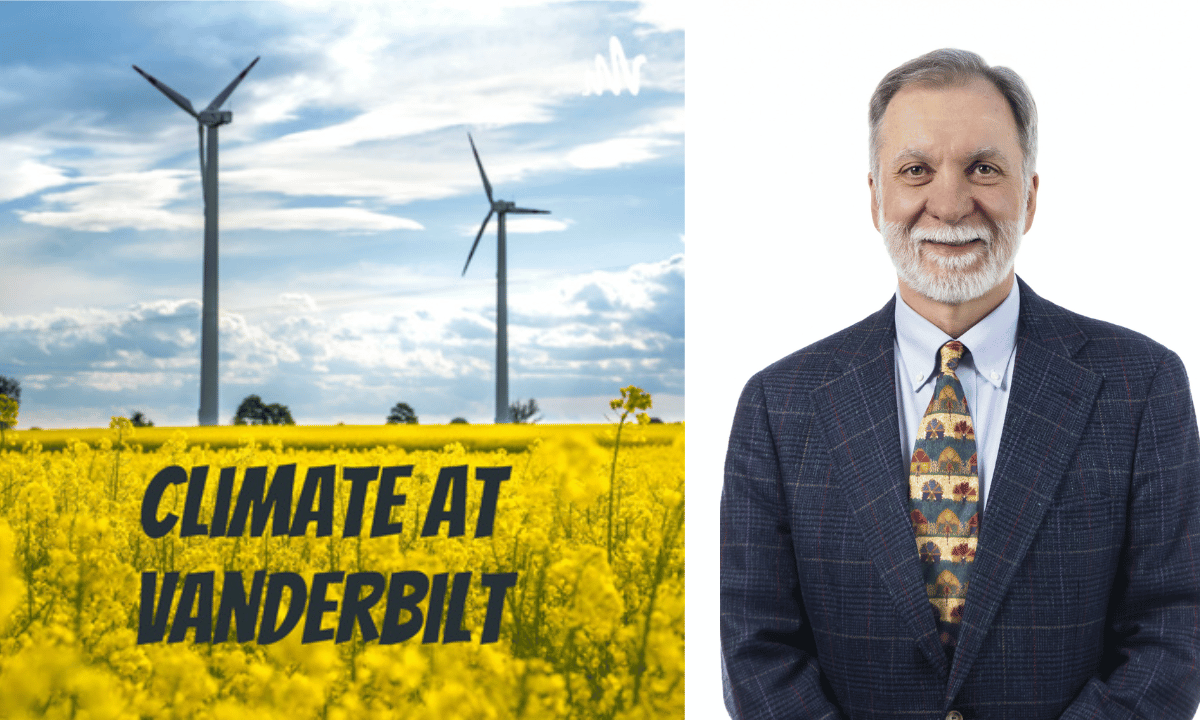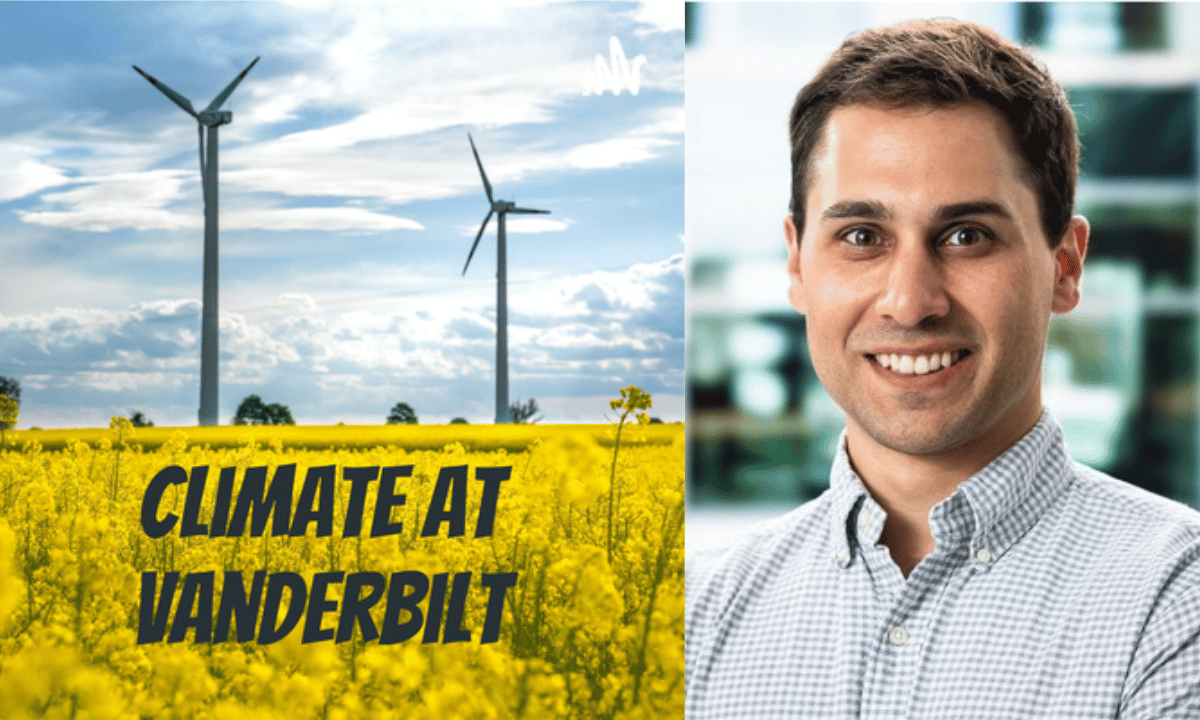The National Academies of Sciences, Engineering, and Medicine held a virtual event titled “Behavioral Pathways to Decarbonization with Recent Climate Legislation” on May 18. The event brought together experts, policymakers, and stakeholders to discuss and analyze the role of behavioral science in achieving decarbonization goals within the context of the Inflation Reduction Act (IRA).
The conference served as a platform for sharing innovative research and effective strategies to address the urgent challenges posed by climate change. By delving into the behavioral pathways to decarbonization, the event aimed to shed light on how individual and collective actions can contribute to mitigating climate change and achieving sustainable development.
Vanderbilt Law’s Michael Vandenbergh, the David Daniels Allen Distinguished Chair in Law, Director of the Climate Change Research Network, and Co-director of the Energy, Environment and Land Use Program, kicked off the event. Jonathan Gilligan, Alexander Heard Distinguished Service Professor, Associate Professor of Earth & Environmental Sciences, Associate Professor of Civil & Environmental Engineering, and Director of the Vanderbilt Climate and Society Grand Challenge Initiative, participated in a panel on how institutions can address individual actions as prescribed in the IRA.
Distinguished speakers from various fields shared their insights and expertise on the interplay between human behavior, climate legislation, and decarbonization efforts. Their discussions encompassed a wide range of topics, including the psychology of decision-making, behavioral economics, social norms, and the design of effective policy interventions.
Watch a full recording of the event below:

